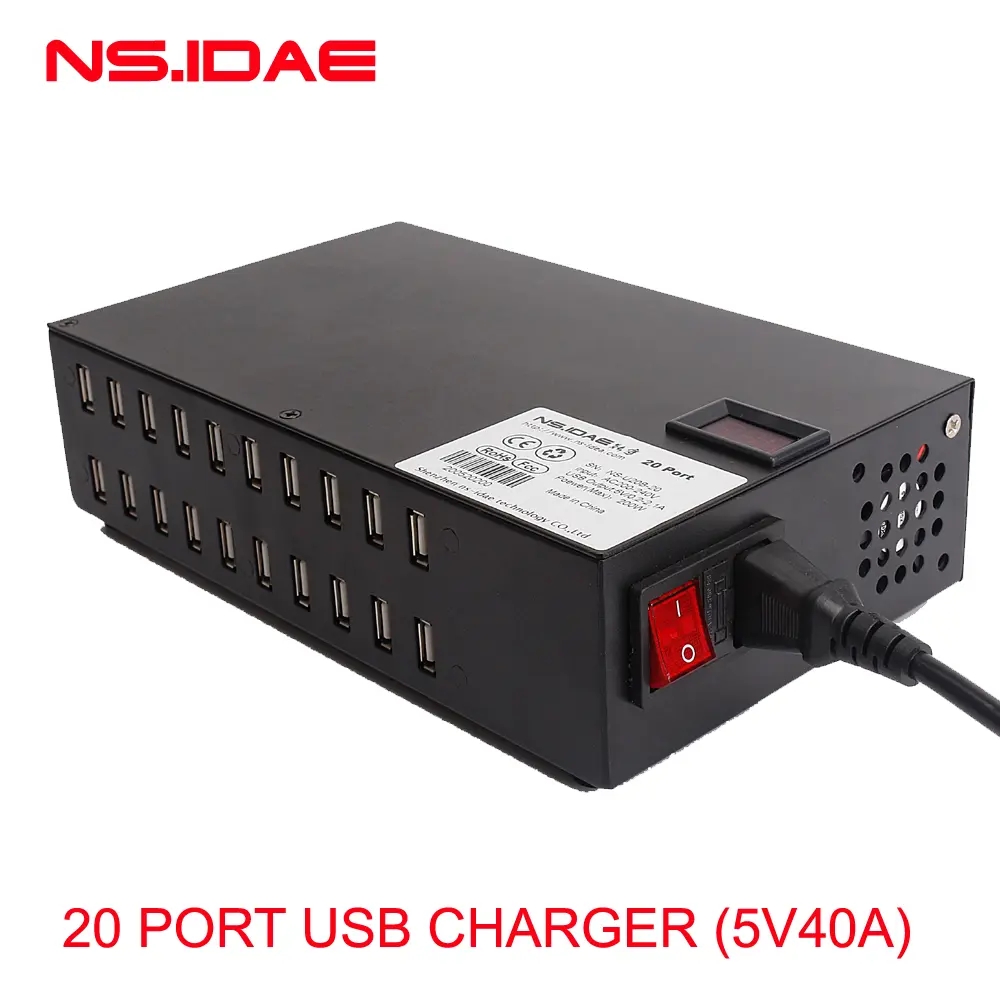Capital robs smart car entrance: Who is investing in new forces to build cars?
In late 2017, the automotive industry witnessed a surge of new players, marking a highly dynamic period. Alongside the rapid rise of new vehicle manufacturers and production models, capital markets became increasingly competitive, vying for a foothold in the smart car revolution.
On December 5th, Baidu Capital led a new round of funding for Weimar Automobile, bringing its total equity and debt financing to over RMB 12 billion. Just a day earlier, on December 4th, Sequoia Capital China Fund signed an investment framework with Zero Motors, securing the Pre-A round of financing and becoming the sole investor outside of the original shareholders.
One month prior, on November 8th, NIO (Weilai) closed a $1 billion D-round financing led by Tencent, with its equity financing exceeding 10 billion yuan. It was expected that Alibaba would lead Xiaopeng’s B-round financing next year.
Jinshajiang United Capital Partners, Pan Xiaofeng, noted in an interview with the 21st Century Business Herald: “The opportunities for upgrading the automobile, travel, and transportation industries in the AI era are significant. This is a crucial scene that must be occupied by capital such as BAT and Sequoia.†He added, “Their investment strategies are similar, but Baidu tends to be more open, combining open-source initiatives with investments.â€
Zhang Jianxing, managing director of CDH, remarked, “It's not surprising that all capital has entered the sector. Everyone is involved, and this can help the industry mature faster.†He highlighted that the new energy vehicle market still holds less than 2% of the overall market share, indicating strong growth potential.
Zhang Junyi, partner at Weilai Capital, explained, “The development of consumer upgrades, IT, new energy, and AI, along with the expansion of e-commerce influence, are all reflected in the automotive industry, which is why investors are rushing to support new car manufacturers.â€
For new entrants, building strategic partnerships is key. While some focus on tech platforms or service ecosystems, the long-term goal is to generate revenue through services and user engagement rather than just selling vehicles. Partnering with BAT can offer valuable resources and strategic advantages.
Zhang Junyi also noted, “New car companies understand that autonomous driving and vehicle networking will be central to future competition. They don’t fully rely on other ecosystems for maps and data. There’s both cooperation and competition between new entrants and internet firms.â€
Sequoia Capital took the lead in investing in Zero Motors. On December 4th, during the Wuzhen Internet Conference, they signed an investment framework, leading the Pre-A round and becoming the only external investor. This wasn't their first foray into the sector; in 2015, they had participated in NIO’s $500 million funding round.
Shen Nanpeng, CEO of Sequoia Capital, stated, “We believe the future car will be an intelligent terminal integrating new energy, communication, machine vision, and large-scale computing capabilities.†The firm has invested across the entire automotive supply chain, from new energy systems to ADAS, shared mobility, and after-sales services.
Despite the risks, new car companies seem to have manageable financial pressure. Sequoia acted quickly, completing due diligence and signing the agreement within two months. Zhu Jiangming, founder of Zero Motors, praised this efficiency, saying it reflected Sequoia’s proactive approach.
Beyond capital, Sequoia brings valuable industry resources. Zhu mentioned that while funding was important, the real value came from external support and collaboration.
Sequoia’s deep involvement in the automotive sector includes upstream power systems, smart charging infrastructure, ADAS technology, and downstream services like ride-sharing and used car platforms.
Different capital players have varying approaches. CDH focuses on mature-stage companies, while some investors remain optimistic about traditional automakers, especially those targeting broader markets.
BAT’s strategies differ: Baidu emphasizes AI and open systems, while Alibaba sees cars as a platform for cloud services. Tencent, though cautious, is known for its execution capabilities once a clear opportunity is identified.
Li Bin, chairman of NIO, categorized BAT investments into four types: true empowerment, occupancy, business synergy, and "cannon fodder." He emphasized the importance of decentralized, independent empowerment over restrictive investment models.
Local governments are also playing a key role in the new energy sector. Companies like Guoneng New Energy and Guojin Auto are emerging, supported by government backing and infrastructure development.
Shangrao City, for example, signed a major project with Aiqi Yiwei, aiming to produce 300,000 electric vehicles annually. Such projects not only boost local economies but also stimulate related industries.
Zhang Junyi concluded, “For local governments, attracting vehicle companies is crucial. Once established, these companies can drive economic growth and create a full industrial ecosystem.â€
20 port USB charging station
This 20 port USB charging station has high quality patience and persistence. And the maximum demand that meets the charging is up to 20 devices. Each interface has an independent chip, which effectively prevents mutual interference between each port. Static single fan automatically heat dissipation to ensure the safety of the charging equipment. Provide overvoltage, short -circuit, overload, overload, temperature and voltage regulator protection.
20 Port Usb Charger,Usb Ai Smart Charger,20 Port Intelligent Charger,20 Port Electronic Devices Charge
shenzhen ns-idae technology co.,ltd , https://www.best-charger.com
